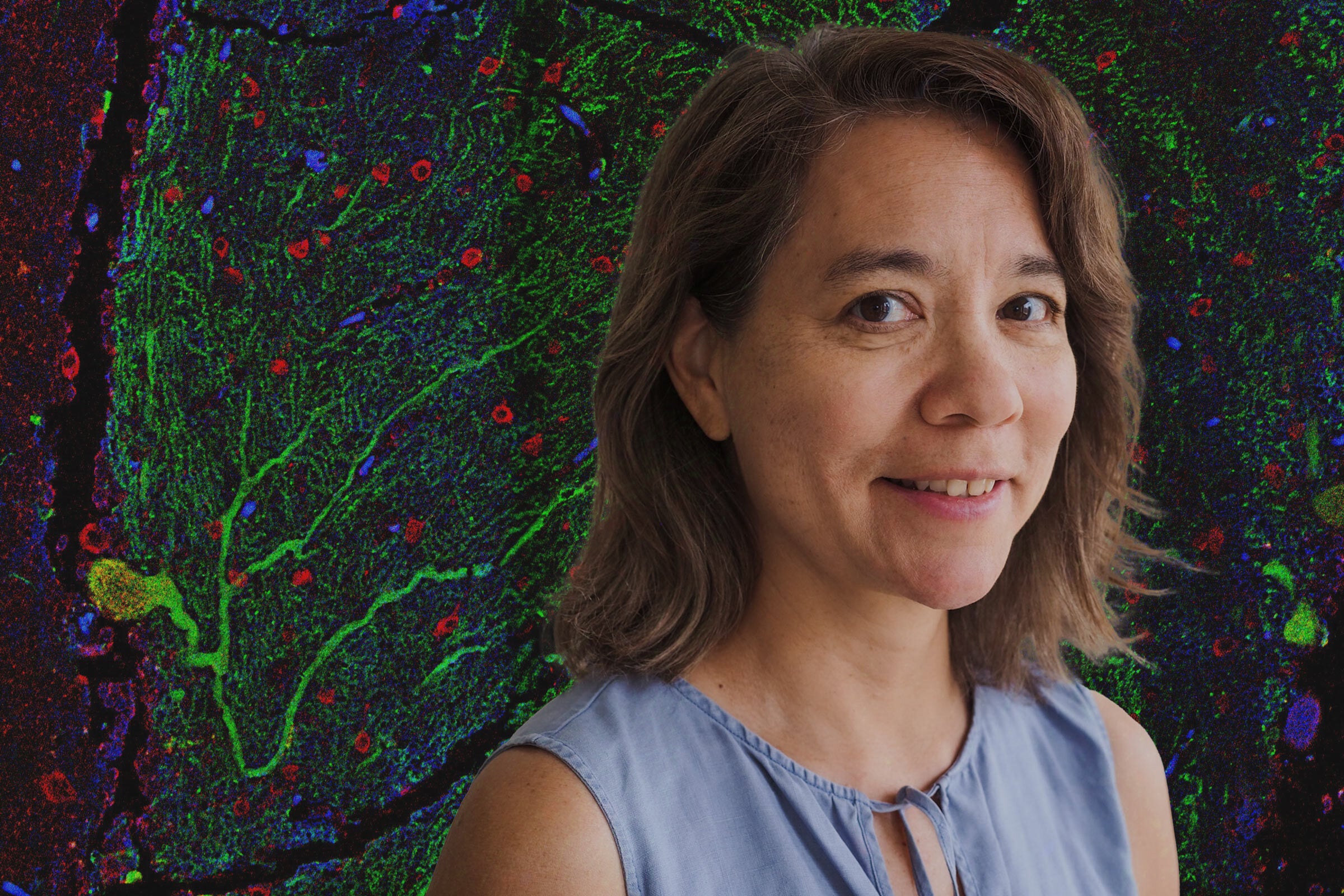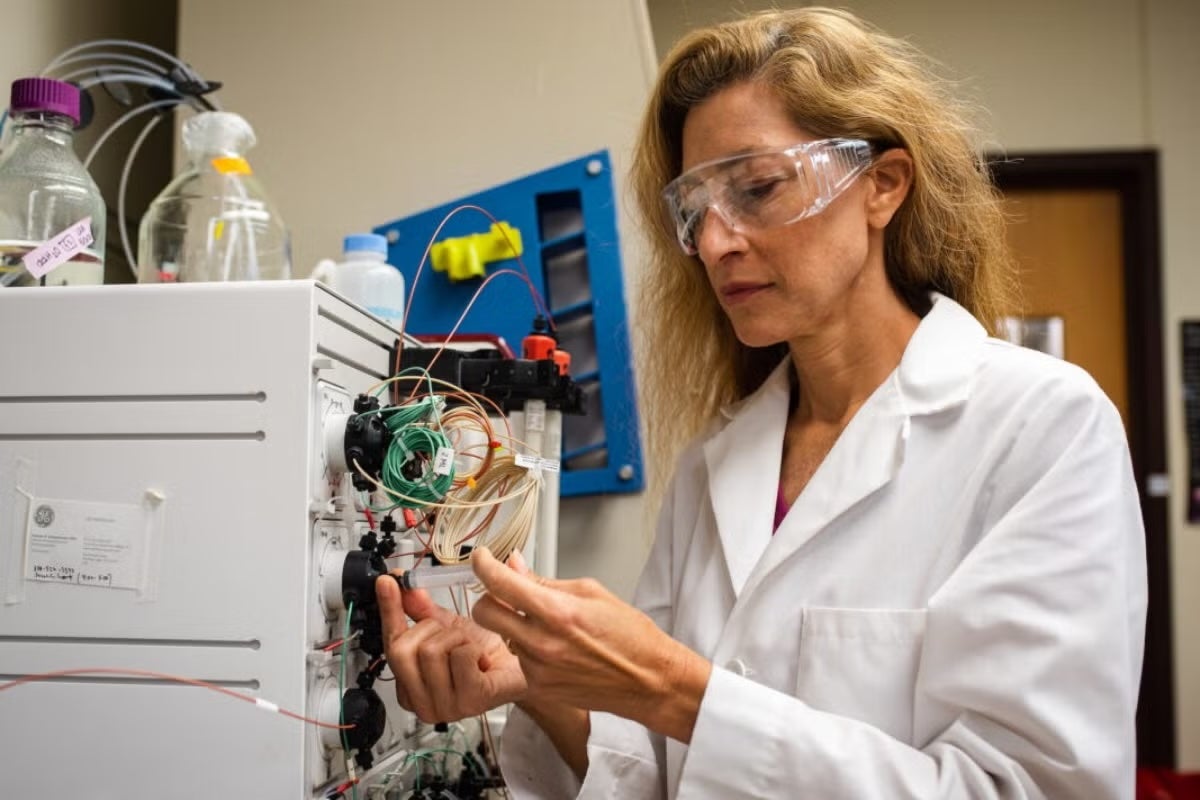Molecular Biologist Receives TAMEST O’Donnell Award
Ilya Finkelstein’s research focuses on improving gene editing, understanding DNA repair and finding disease treatments.

Ilya Finkelstein, associate professor of molecular biosciences at The University of Texas at Austin, will receive a 2025 Edith and Peter O’Donnell Award from the Texas Academy of Medicine, Engineering, Science & Technology (TAMEST). He will be honored, along with four other recipients, at the TAMEST 2025 Annual Conference in February.
The Edith and Peter O’Donnell Awards annually recognize rising star Texas researchers who are addressing the essential role that science and technology play in society, and whose work meets the highest standards of exemplary professional performance, creativity and resourcefulness.
Finkelstein’s research focuses on improving the safety and efficacy of gene editing and understanding the mechanisms of DNA repair to potentially cure diseases.
Finkelstein is one of two College of Natural Sciences faculty to receive O’Donnell awards this year, along with astronomer Caitlin Casey.
Imagine being able to cure diseases, such as cancer, by fixing mistakes in your own DNA. Finkelstein and his team are aiming to do exactly that by studying how our cells maintain their genetic information, and how we can edit it safely.
The human genome is made up of billions of letters of DNA. Every individual cell, as it divides, must make an exact copy of its DNA and package it into the nucleus. If something goes wrong, much like a hard drive in a computer, it can corrupt the whole system, and the cell can turn cancerous. While some genome damage is natural, and special caretaker proteins can fix them on their own, cancers and other diseases arise after the accumulation of too much DNA damage. Finkelstein is discovering how these caretaker proteins repair the genome, and how their dysregulation ultimately results in cancer. These studies can lead to future therapies that bolster our natural defenses against DNA damage.
Finkelstein and his team are also developing safe and effective ways to remove disease-causing errors by editing the genome. To do so, his laboratory has developed new approaches to study gene editing CRISPR enzymes and has discovered new types of gene editor proteins. These efforts have provided fundamental insights into how proteins interact with nucleic acids to shape our genomes. Ultimately, Finkelstein hopes to create safer and more effective gene therapies.
“Dr. Finkelstein is incredibly creative and able to pull things out of multiple disciplines to develop his work. There are thousands of people working on gene editing, but what sets Ilya apart is his ability to bring in approaches that nobody else has worked on,” said nominator Alan Lambowitz, professor of molecular biosciences and oncology and Mr. and Mrs. A. Frank Smith, Jr. Regents Chair in Molecular Biology at UT Austin. “It's his ability to think outside the box and his diligence to follow his ideas through to completion and overcome all problems along the way that truly makes him unique. What he is doing will revolutionize the future of genetic disease therapeutics.”



